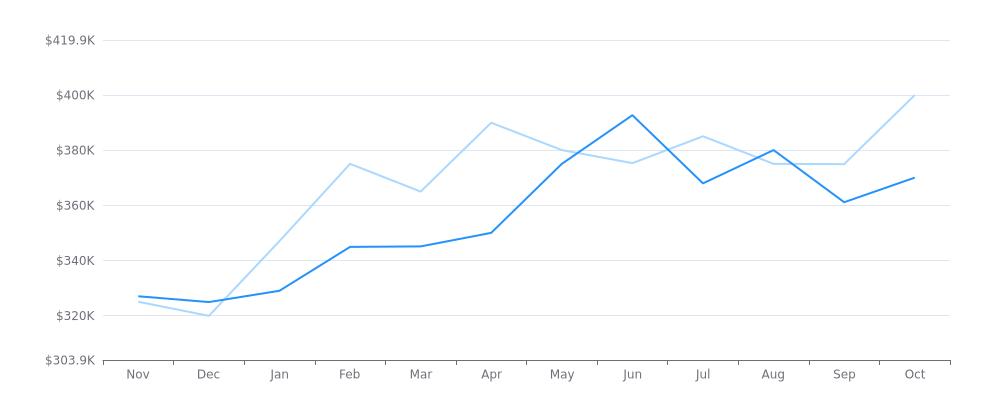Cashing out Equity from your Property: Is it a Smart Idea?

As a homeowner, you might have some equity built up in your property, which is the difference between the current market value of your home and the outstanding balance on your mortgage. Cashing out equity from your property refers to taking out a loan against your home's value or selling a portion o
Read MoreEverything You Need to Know About FHA Loans

When it comes to buying a home, one of the first things you need to consider is financing. There are many different options available, but one of the most popular for first-time homebuyers is an FHA loan. If you're considering an FHA loan, you're in the right place. As an experienced realtor, I've h
Read MoreDeals in Writing: Never Rely on a Verbal Agreement

In today's fast-paced world, people tend to make deals with just a simple handshake or a few words of agreement. However, while verbal agreements are still used in various areas of business, they are becoming more and more unreliable. It can lead to disastrous consequences, especially in those cases
Read MoreFor Sale By Owner Properties: The Pros and Cons You Need To Know

Buying a property is not an easy task. You have to go through a lot of stages and processes before you can finally get your hands on your dream home. One of these stages is choosing whether to buy a property listed by a real estate agent or a For Sale By Owner (FSBO) property. While it might be temp
Read More
Categories
- All Blogs 1000
- Airbnb Realtor 13
- Barndominium 6
- Buying a home 57
- California Buyers 17
- Commercial Broker 2
- Commercial Property 33
- DR Horton Homes 5
- East Tennessee 59
- Experienced Realtor 40
- Experienced Tennessee Realtor 67
- For-Sale By Owner 24
- FSBO 17
- Gatlinburg 30
- Gatlinburg Cabins for Sale 2
- Gatlinburg Rental Homes for Sale 6
- How to pick a realtor 14
- Industrial Property 9
- Invesment Real Estate Gatlinburg 4
- Investment Property Realtor 27
- Knoxville 66
- Knoxville Jobs 1
- Knoxville Zillow Reviews 1
- Listing your home 30
- Mobile Homes 7
- Modular Homes 9
- Morristown 28
- Mortgage 3
- New build homes 24
- Price of Homes in Knoxville 10
- Realtor Blog Feed 3
- Reccomended Tennessee Realtor 48
- Refinancing 2
- Rental Property 7
- Retail Building sites 4
- Retail Land for Sale 3
- Selling a home 19
- Short-Term Rentals 2
- Smithbuilt Homes 2
- Strawberry Plains 1
- Tennessee 39
- Tennessee Lenders 3
- tract homes 1
- Vacant Commercial Land 4
- Warehouse for Sale 1
- Zillow Agent 1
Recent Posts










